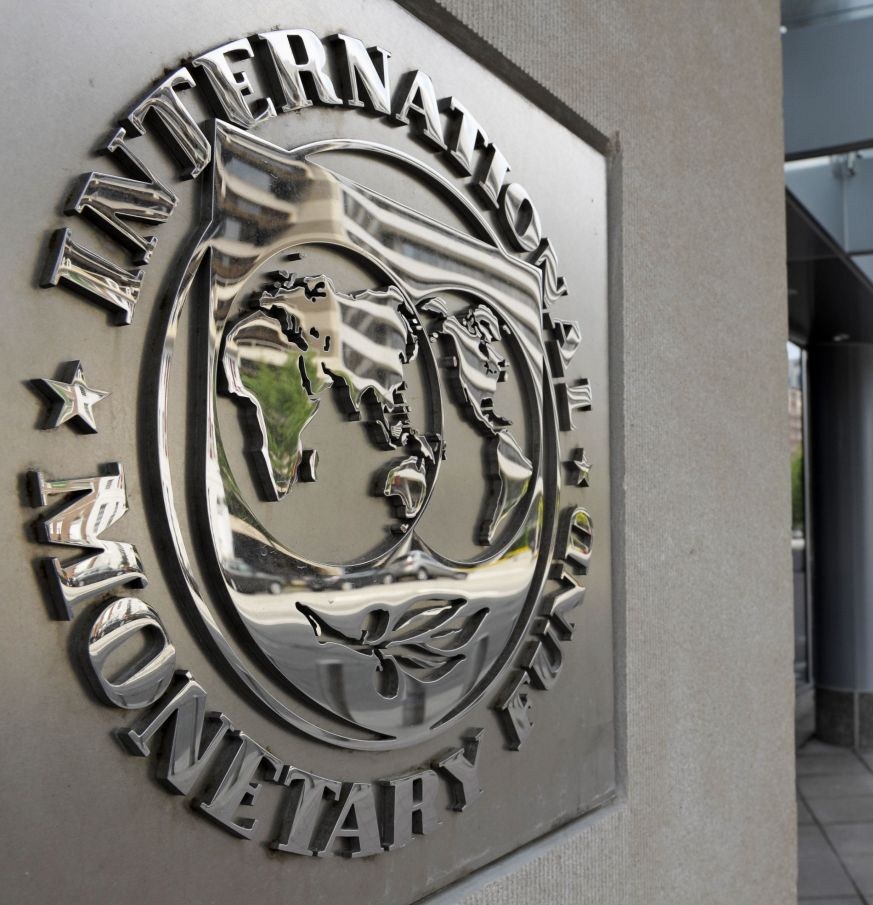Based on its contractual agreement, the Government of Guyana will pay ExxonMobil’s Corporate Income Tax (CIT) out of its 50 percent share of the oil profits.
But the International Monetary Fund (IMF) is not pleased with this arrangement. In fact, it told the Government, a few weeks ago, that if it wants to proceed with such a format for future contracts, then it must ask for more than 50 percent.
IMF said, “In the case of Guyana, this arrangement makes the fixed 50 percent share relatively low when compared to international norms.”
What has also surprised the visiting IMF team is the fact that the government is yet to work out how it will operationalize the pay-on-behalf tax system.
The IMF noted, “Under this scheme, the contractor is responsible for preparing a tax return to be filed by the Minister responsible for petroleum (Raphael Trotman), but at present, there is no guidance on how to calculate the CIT liability. This needs to be addressed urgently.”
The international financial institution said that a detailed procedure should be established by the Guyana Revenue Authority (GRA) outlining how taxable income derived from petroleum operations by a company holding an interest in a Production Sharing Agreement (PSA) is assessed.
It stated that consultations should be held with the existing holders of PSAs to reach a common understanding on the detailed procedure to be followed.













